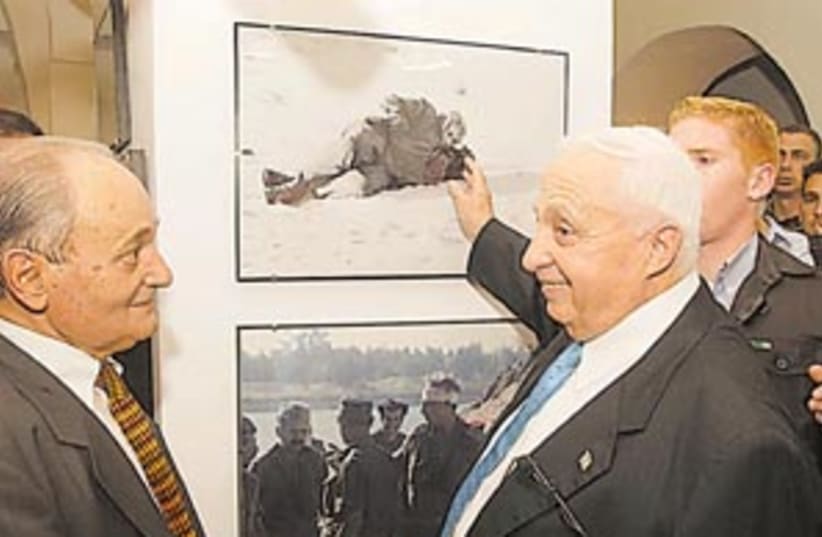| More about: | Benjamin Netanyahu, Georges Clemenceau, Winston Churchill, Monica Lewinsky |
Uri Dans internal color war
Has Prime Minister Ariel Sharon's longtime confidant really 'gone orange'?


| More about: | Benjamin Netanyahu, Georges Clemenceau, Winston Churchill, Monica Lewinsky |